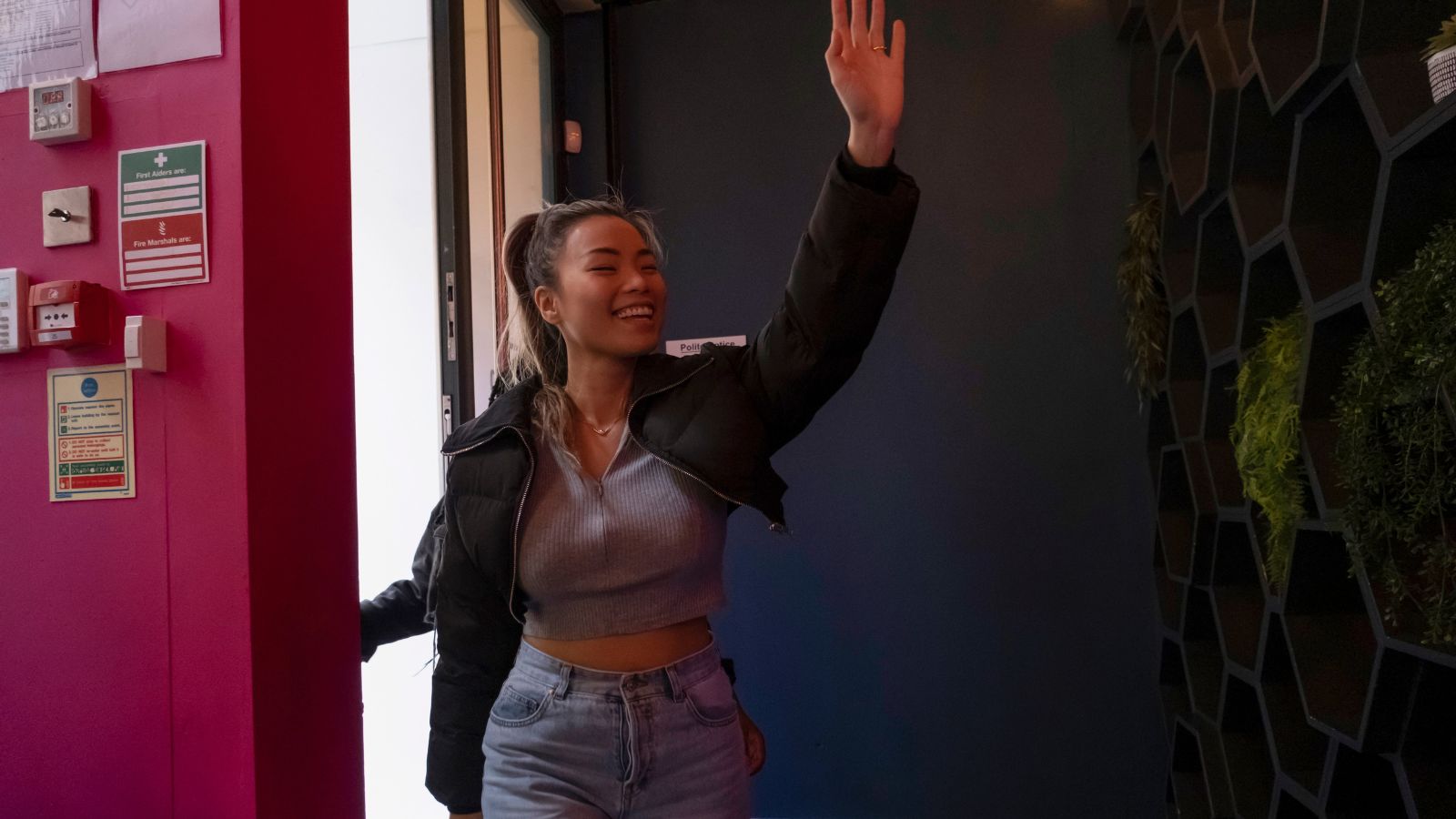In the UK, a treasure trove of old phrases and sayings has quietly slipped away over the years thanks to the evolution of language. So, let’s take a stroll down memory lane and rediscover some of these 17 forgotten gems from British English.
Tickety-boo

Once upon a time, if everything was going well and running smoothly, you might have heard someone say it was “tickety-boo.” According to Dictionary.com, this “may be a holdover from the Raj, from Hindi ṭhīk hai “It’s all right,” or ṭhīk hai, bābū “It’s all right, Sir.”
Spitting feathers

If you were really angry or thirsty, you might have once said you were “spitting feathers,” and the phrase was used in two distinct contexts: to describe being parched to the point of frustration or to convey that someone was absolutely livid. It conjures a vivid image, but as other, more direct phrases gained popularity, this one has almost disappeared.
Chinwag

Back in the day, having a “chinwag” was a friendly way of saying you were enjoying a good chat with someone. The phrase comes from the notion of one’s chin moving up and down while talking. However, as language has evolved, “chinwag” has mostly been replaced by simpler terms like “chat” or “natter.”
Collywobbles

If you ever had a nervous or uneasy feeling in your stomach, you might have said you had the “collywobbles.” This term was a playful way of describing that jittery sensation, whether from excitement, nerves or even mild illness.
Throw a wobbly

To “throw a wobbly” means to have an angry outburst or temper tantrum, often over something relatively minor. This phrase was quite common in the mid-20th century, capturing the essence of someone being upset in a dramatic or exaggerated way. Today, you’re more likely to hear phrases like “throwing a fit.”
Bob’s your uncle

One of the most quintessentially British phrases, “Bob’s your uncle,” was used to indicate that something was simple or straightforward. The origin of the phrase is somewhat murky, but it’s believed to have been popularised in the late 19th century. Nowadays, while it’s still occasionally heard, especially in older generations, it’s far less common in everyday conversation.
Gone for a Burton

This phrase was a euphemism used during World War II to refer to someone who was missing in action, likely killed, or simply not around anymore. It originally referred to someone who had gone for a Burton Ale, a popular drink at the time, and never returned.
Knees up

Having a “knees up” was once a popular way to describe a lively party or celebration, especially one involving dancing. The phrase likely originated from the physical act of lifting one’s knees while dancing. While you might still hear it in the context of older songs or certain regional dialects, it’s largely been replaced by simply saying “party.”
Donkey’s years

If something took a long time, you might have said it took “donkey’s years.” This phrase played on the idea that donkeys live for a long time, and so anything that took a while must have taken “donkey’s years.” While still recognised by some, the phrase has largely been supplanted by other ways of expressing the same sentiment, such as “ages” or “forever.”
Spend a penny

The phrase “spend a penny” was a polite way of saying that you needed to use the toilet. It originated from the days when public toilets required a penny to operate the door lock. Although it might still be used humorously or nostalgically, most people today simply say they need to use the toilet.
All my eye and Betty Martin

Used to describe something that was nonsense or not to be believed, “all my eye and Betty Martin” has unclear origins. Some suggest it may have been a corruption of a Latin prayer or simply a bit of doggerel. Whatever its roots, the phrase has long since fallen out of regular use.
The bee’s knees

If something was described as “the bee’s knees,” it meant it was of the highest quality or simply excellent. The phrase was popularised in the 1920s, along with other quirky animal-related expressions like “the cat’s pyjamas.” While still occasionally heard in a humorous context, the phrase has mostly been replaced by simpler terms.
As right as rain

To be “as right as rain” was to be perfectly fine, often used after someone had recovered from an illness or after a situation had resolved itself. The phrase draws on the idea that rain is a natural, refreshing occurrence that sets things right.
Popped his clogs

A colloquial way of saying that someone had died was “popped his clogs,” with “clogs” referring to the traditional wooden shoes that were once common. The phrase likely originated in the North of England and was a way to soften the harshness of talking about death.
Brass monkey weather

If it was bitterly cold outside, someone might have described it as “brass monkey weather.” The full phrase was often “cold enough to freeze the balls off a brass monkey,” the origin of which is linked to naval slang. It was used to convey just how freezing the temperature was.
Pea-souper

A “pea-souper” was a dense fog, especially one mixed with soot and pollution, common in British cities during the industrial era. The phrase evokes the idea of the thick fog being as dense as pea soup. With the decline of heavy industry and the improvement of air quality, the phrase has largely disappeared from everyday language.
Cheerio

Once a common way to say goodbye, “cheerio” was a cheerful and friendly farewell. The word likely originated in the 19th century and was widely used throughout the 20th century. However, as language evolved, “cheerio” has been largely replaced by more modern farewells like “see you” or “bye.”







